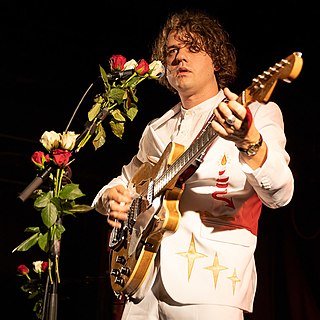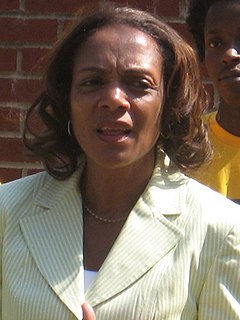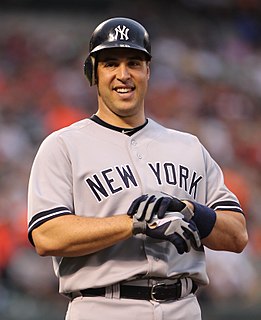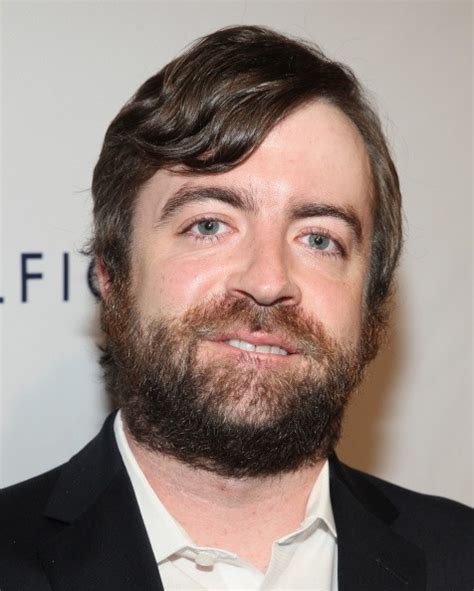Цитата Эла Шарптона
В настоящее время действует 20 указов о согласии, подобных тому, что был в Балтиморе, которые помогают поставить сломанные полицейские управления на путь реформ. А это долгая работа. Балтимор только вступает на этот путь.
Связанные цитаты
Уровень раскрываемости убийств сейчас в моем городе Балтимор почти нулевой. Никто не может раскрыть убийство, никто не может выполнять настоящую полицейскую работу, потому что они научились делать плохую полицейскую работу, преследовать наркотики. Борьба с пороком, будучи не в состоянии ответить на грех. Поколения полицейских научились не работать в полиции, следя за войной с наркотиками. Они не только жестоки с полицией, но и неэффективны. Балтимор стал более жестоким, чем когда-либо в современной истории.
У меня есть форма бывшего полицейского из Балтимора, его халат и капюшон. Он был великим драконом, что означает лидер государства. Его основной работой, которая оплачивала его счета, он был офицером полиции Балтимора, а не офицером под прикрытием в Клане, собирающим разведданные, а добросовестным клановцем в полиции Балтимора.
Если мы оглянемся на последние годы работы министерства юстиции, то увидим, что одной из наиболее важных работ, определяющих его наследие, является работа, проделанная для решения проблемы реформы полиции. Почти два десятка расследований по всей стране за последние восемь лет — не только в Балтиморе, но и в Чикаго, Балтиморе и Новом Орлеане.
В Балтиморе должны произойти разные вещи, которые не связаны только с реформой полиции. То, как полиция обращается с общественностью, — это один из вариантов, но нам также приходится иметь дело с тем, как мы относимся друг к другу. Нам нужно подумать о том, чтобы брать на себя больше ответственности.
У меня есть кое-что для Балтимора: само слово, место - я не знаю, откуда оно взялось; это просто странный город. У меня есть песня под названием «Балтимор», но я не оттуда. Я много там проехал. Мы отыграли там пару концертов, но это не большой рынок. Тем не менее, оттуда родом несколько хороших групп. Коллектив животных и пляжный домик.
В Балтиморе они не могут работать в полиции, чтобы спасти свою жизнь. Теперь, из-за Фредди Грея, они даже не выходят из машины и не контролируют повороты — по сути, у них замедление работы. Прямо сейчас, если полиция перестанет быть жестокой, если мы возьмем под контроль полицейские стрельбу и применение чрезмерной силы, если у нас будет осмысленный общественный ответ на все эти вещи и лежащий в их основе расизм, все еще остается вопрос: что они охраняют, а почему?
Люди гордятся тем, что они из Балтимора. В любой отрасли, в которой вы работаете, вам нужна поддержка, чтобы выжить. И в этом городе есть такая поддержка для всех, кто здесь родился или жил. И это также дает вам ощущение: «О, я стою за это место». И если я сделаю что-то, чем я не горжусь, мой город может не гордиться мной». И я хочу, чтобы Балтимор гордился мной.


































